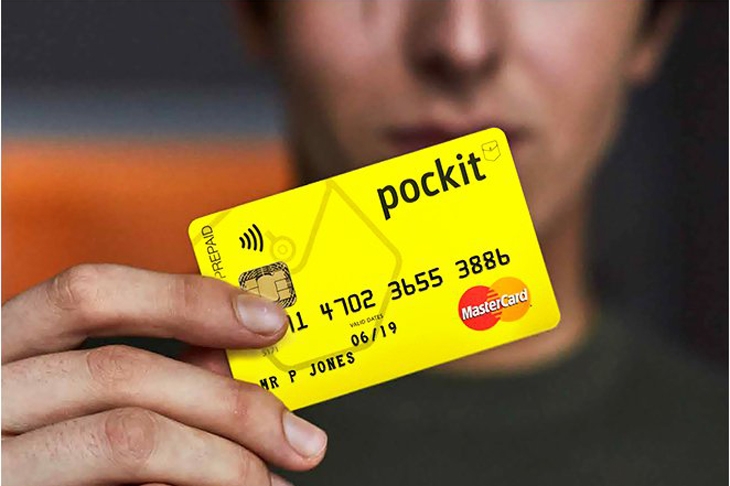Welcome to The Spectator’s Economic Disruptor of the Year Awards 2019, sponsored by Julius Baer. We’re waiting to hear from entrepreneurs in every business sector across the UK who are eager to tell us how their products are bringing radical benefits to consumers in terms of price and choice. We’re looking for disruptors who can make an impact nationally and globally. Meanwhile, we’ll be presenting inspirational stories about the people behind the UK’s fastest-growing entrepreneurial ventures. In the first of the series, Martin Vander Weyer meets Virraj Jatania, whose low-cost banking app Pockit was the overall winner of our 2018 awards.
Virraj Jatania doesn’t need to be an entrepreneur. He’s a scion of a respected Asian business dynasty who made their fortune with Lornamead, the personal-care products empire which owned brands such as Vosene shampoo; the group was sold by Virraj’s father Danny and uncles Mike, Vin and George in 2012. Having trained on the wealth side of a large bank, Virraj — who’s 30, but looks younger — could easily have settled into a ‘family office’ role, helping his elders manage their portfolio of investments, and no doubt having fun with his own inheritance too.
But he wanted to do something bolder — and to emulate the business-building from scratch achieved by the older Jatanias, who came to England from Uganda with very little. Entrepreneurship, he says, is ‘our heritage… My brother and I started young, running a video rental club when I was 13’. He wanted to put his UCL degree in computer science and business management to use, but he didn’t want to be a cog in a corporate machine. And he had an idea for a start-up venture that would fulfil a genuine social purpose — by bringing banking to the unbanked and those who are badly under-served by established providers.
The signs were auspicious for the launch of Pockit in 2014, back when ‘fintech’ was just coming into fashion. Of course, it helped that the Jatanias were well placed to put seed capital behind a family bright boy. Four and a half years on, Virraj is still delighted he made that choice and passionate about his mission to bring easy-access banking to the disadvantaged customers — in the UK, and eventually across Europe and the US — that are his target market. Typical of his 21st-century cohort, he says ‘money’s not the sole motivator’ for achieving that goal.
He loves the hands-on challenge. ‘As the founder, you do everything from dealing with customer service issues and fraud screening to creating a strategy and a framework for scale,’ he says. Pockit has around 500,000 customers, up from 300,000 when Virraj and I first spoke last summer. Its path to growth is about ‘staying slightly under the radar’ rather than big spending on marketing the way other banking apps do. ‘We’re not butting heads’ with the likes of Revolut or Monzo which aim at more affluent clientele, Virraj says. ‘We’re in a different sector, competing against places like high-street cheque-cashing shops.’
He’s happy to win business through word of mouth, which is where 50 per cent of his new customers come from, as well as through partnerships with recruitment firms that are typically putting workers into distribution warehouses or large construction sites. Pockit’s next big step is an exclusive partnership signed last December with the Post Office to provide benefit recipients with more flexible services than they receive via a Post Office Card Account: the deal is ‘not so much a pivot as an opportunity… another route to our target customer’.’
What’s clear is that Pockit’s progress is down to clarity of focus: on the needs of a specific customer group that has been ill-served by the banking industry, and on Virraj Jatania’s personal drive to live up to his family’s traditions by making this ‘a very big business’ that is ‘changing people’s lives’.
For details of how to enter, please visit www.spectator.co.uk/disruptor
IN PARTNERSHIP WITH







Comments